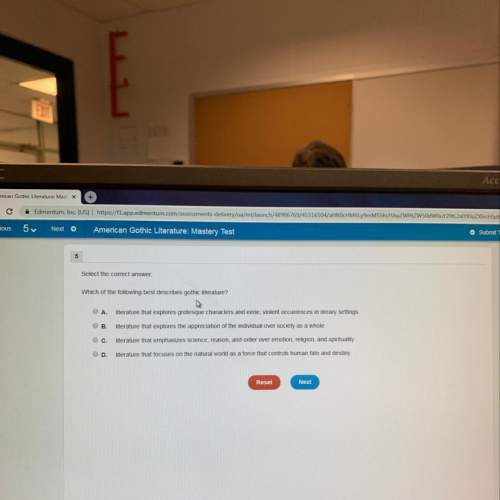
English, 07.06.2021 14:00 Adrian12313
Read the following passage carefully.
• Even a semi-literate salesperson at a handicraft store seems to know of the
significance of possessing a statue of the laughing Buddha or the Happy Man.
It is being sold everywhere for years now. Chinese call him Hotei. He is
believed to have existed in China as a Buddhist monk thousands of years ago.
One of the major mistakes the westerners seem to make, is to confuse the
Laughing Buddha with Gautam Buddha. The Laughing Buddha, in fact, was
one of the Buddhist monks, Pu Tai, who is believed to have lived in China
during the Liang Dynasty 2,500 years ago.
• The Laughing Buddha has a large exposed potbelly that protrudes and you
can almost hear the belly laughter when you look at it. His fat stomach is a
symbol of happiness, luck and bounty. Interestingly, the name Hotei in
Japanese actually means ‘cloth bag’ or ‘glutton’. It is believed that the
rubbing of his belly brings good luck and wealth. Another thing associated
with the Laughing Buddha is a begging bowl which represents the Buddhist
philosophy of renouncing the worldly ties and leading a life of a wanderer.
• Why do more and more people across the world today seek solace in the
principles of Vastu and Feng Shui is anybody’s guess. In their quest for
contentment and happiness, many have found out that possessing an idol of
the Laughing Buddha is an easier way to attain success and fulfilment instead
of changing the spatial organisation of their house.
1.1. Based on your reading the passage, answer the following questions.
(a) Who is the laughing Buddha?
(b) What is believed as the easiest way to bring happiness and luck at home?
(c) What mistake do the westerners seem to make?
(d) What does the begging bowl associated with the Laughing Buddha
represent?
(e) The is a cloth bag.
(f) His fat stomach is a symbol of , and bounty.
(g) The Laughing Buddha is called by Chinese.
1.2 Find the words from the passage which mean the same as following:
• bulge (para 2) (b) comfort (para 3)
• Find the antonyms of the following words from the passage.
(a) hidden (para 2) (b) disappointed (para 3)

Answers: 3
Another question on English

English, 21.06.2019 18:00
Context clues can be definitions, examples, synonyms, or antonyms. the word root can give you an idea of the word’s meaning. affixes can you determine the word’s form and meaning. use the drop-down menus to identify the root in each difficult word. automatic: gratify: untenable:
Answers: 1

English, 21.06.2019 21:00
The war of the worlds by h. g. wells but, looking, i presently saw something stirring within the then something resembling a little gray snake, about the thickness of a walking stick, coiled up out of the writhing middle and wriggled in the air toward me – and then another the war of the worlds (radio broadcast) by orson welles good heavens, something's wriggling out of the shadow like a gray snake. now it's another one, and another. they look like tentacles to me. which sentence best describes the tone of the passage from the book compared to the passage from the radio broadcast? a. the book has a more matter-of-fact tone, b. the book has an angrier tone. c. the book has a scarier tone. d. the book has a more surprised tone.
Answers: 1

English, 21.06.2019 23:30
Ineed ideas for this essay something easy that i can do does anyone have any ideas on what i should write on for this 100 points ! write a procedural essay with media that is 1 ½–2 pages in length. clearly state your topic, and include all steps necessary to complete the procedure. you will submit your prewriting and planning documents along with your essay.
Answers: 2

English, 22.06.2019 06:30
The limerick and the tongue twister are two types of verse. a) nonsense b) articulation c) declaration d) interrogation
Answers: 1
You know the right answer?
Read the following passage carefully.
• Even a semi-literate salesperson at a handicraft store seem...
Questions








History, 21.12.2019 00:31



History, 21.12.2019 00:31

English, 21.12.2019 00:31


Social Studies, 21.12.2019 00:31


Biology, 21.12.2019 00:31

Social Studies, 21.12.2019 00:31


History, 21.12.2019 00:31

Mathematics, 21.12.2019 00:31




